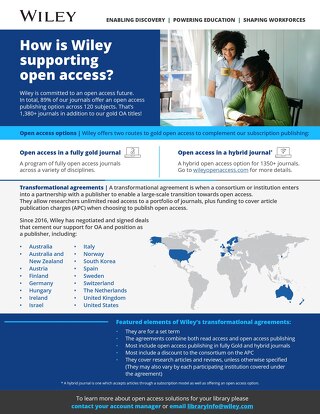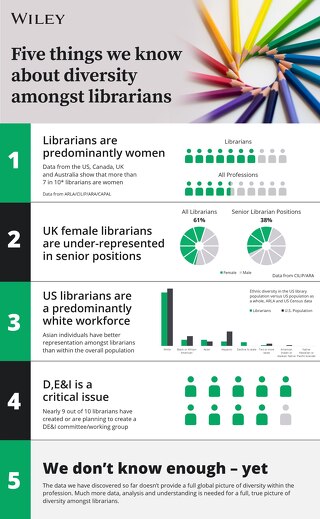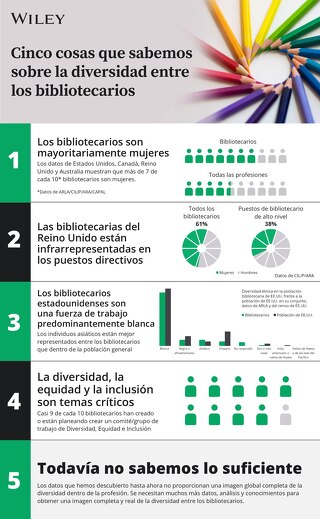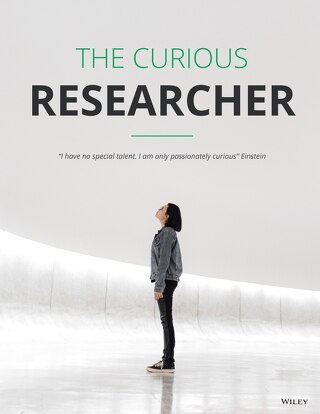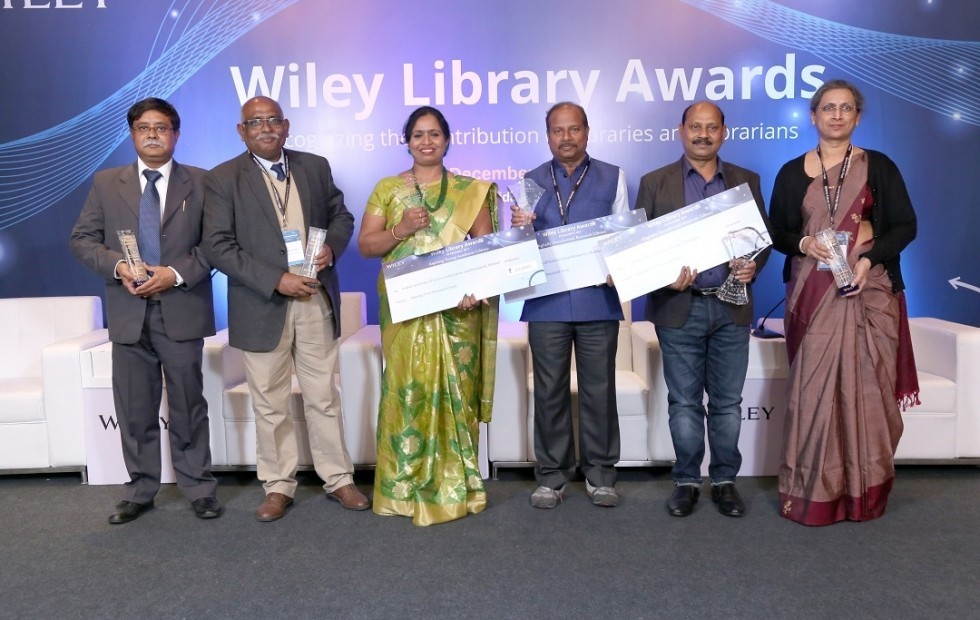5-things-i-learnt-at-uksg21
May 05, 2021
I’m now in the third year of my career in academic libraries and having heard much about the UKSG conferences from colleagues, when the chance to apply for a sponsored delegate place for early career professionals came up, I decided to give it a go. To my amazement, I won a place (thank you, Wiley Publishing for sponsoring it!) and was very excited to see what my first library conference would be like. With the coronavirus pandemic still ongoing (albeit with light at the end of the tunnel), the conference was held online and I knew that the experience wouldn’t quite be the same as it would if the event was in person (there would be a lack of copious amounts of tea and coffee, for starters) but the programme for the conference was packed and it was clear that a lot of work had gone on to ensure the overall experience wouldn’t be poorer for being a virtual event.
Here are the Top 5 things I learnt during the conference:
1) An online conference is as rewarding as an in-person event
Ok, so you have to provide your own refreshments but on the flip side, there is considerably less running around from breakout sessions to the main stage and back. It’s easy to go from one to the other with just the click of a mouse. And I think the biggest benefit was that all the presentations for the various breakout sessions were made available to watch, on demand. This meant I didn’t have to go through the difficult choice of deciding which breakout/parallel session to attend at the expense of the others.
But what about the networking and social side of conferences? Well, they were catered for as well. On the first two days of the conference, there was the chance to do some Chair Yoga (which helped limber up the body as well as the mind ahead of the rest of the day) and there was also a virtual lounge area where you could select an avatar (which could be human or, for some reason, a penguin!) and wander around a virtual space and meet others at the conference. It also gave the feeling of playing a video game back in the 1990s (see screenshot below).

2) The after-effects of the pandemic are still being felt
The closure of physical libraries because of the coronavirus pandemic has, unsurprisingly, impacted on how academic libraries provide materials to their students and staff. A big change was around the provision of electronic resources and electronic textbooks with several presentations discussing platforms for accessing textbooks electronically (such as Kortext and Bibliu) and different purchasing models, publishers making their electronic resources freely available while the pandemic was at its height and creating useful, shareable metadata for libraries to use, and discussions around the acquisition models of ebook provision for academic libraries.
3) The drive towards full Open Access continues
Ever since the Budapest Open Access Initiative back in 2002, the drive towards making academic research openly accessible has been gaining momentum. While progress in this area hasn’t moved as quickly as many would have liked, it now seems that with Transformative Agreements between publishers and academic libraries (where the budgets to subscribe and publish Open Access content in journals are rebalanced) are providing a big step forward both in terms of making works Open Access (as the presentation on the Jisc-Wiley Transformative Agreement in the UK demonstrated) and how universities are working when assessing these new deals to see if they will be of benefit to them. Furthermore, attention is now moving towards Open Access Books and there was an interesting panel discussion which examined the benefits and drawbacks to this area.
4) Research and Scholarly Communications cross borders
From my own point of view, it can be easy to get tangled up in the research and open access related activities within the UK alone (particularly with the recent REF 2021 submission), so the Plenary Session on Day 2 of the conference provided some much needed and interesting perspective of Open Access from outside of the UK and Europe. I had no idea, for example, that Latin America was one of the leading global regions when it came to making work Open Access. It was also interesting to see how the coronavirus pandemic had encouraged work to be more openly available and shared between countries, as well as getting an overview of how Africa is working on advancing its scientific and technological research.
5) Diversity and inclusivity is more important than ever!
The past year (particularly in the light of the Black Lives Matter movement) has seen academic libraries (including my own) take more decisive and firm action when it comes to ensuring that our work and study environments are more equal, diverse, and inclusive for our staff and students. This drive towards more diverse Library collections and accessible resources was reflected in presentations from both library staff and publishers and served as a reminder that the work towards an academia which is fully focused on EDI issues can’t be done by one side alone (or one group of people alone) – wider cooperation is needed and the sharing of ideas and initiatives at events such as the UKSG Conference is a big part of this.
Hopefully, the UKSG Conference in 2022 will be a physical event in Glasgow but even if it’s a virtual one again, my experience at this year’s conference proved that it can be as successful online as it can in person. If anyone is thinking of going to the conference next year (even applying for a sponsored place) then I highly recommend it!

